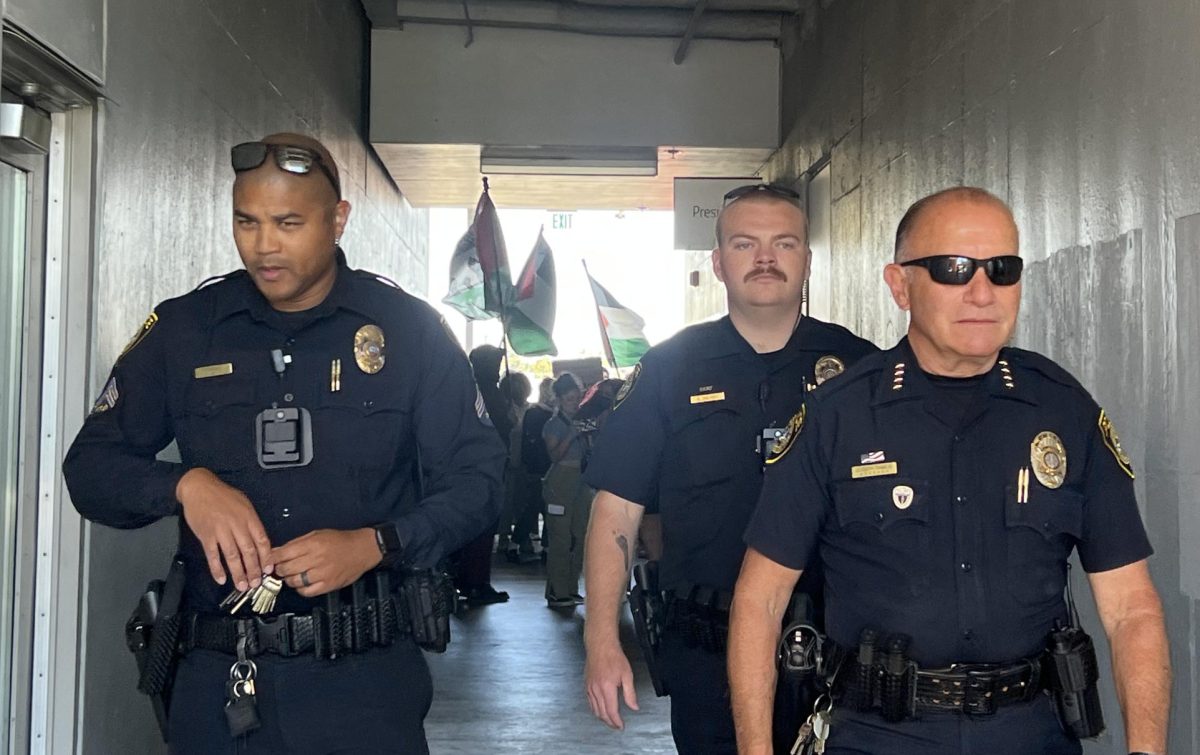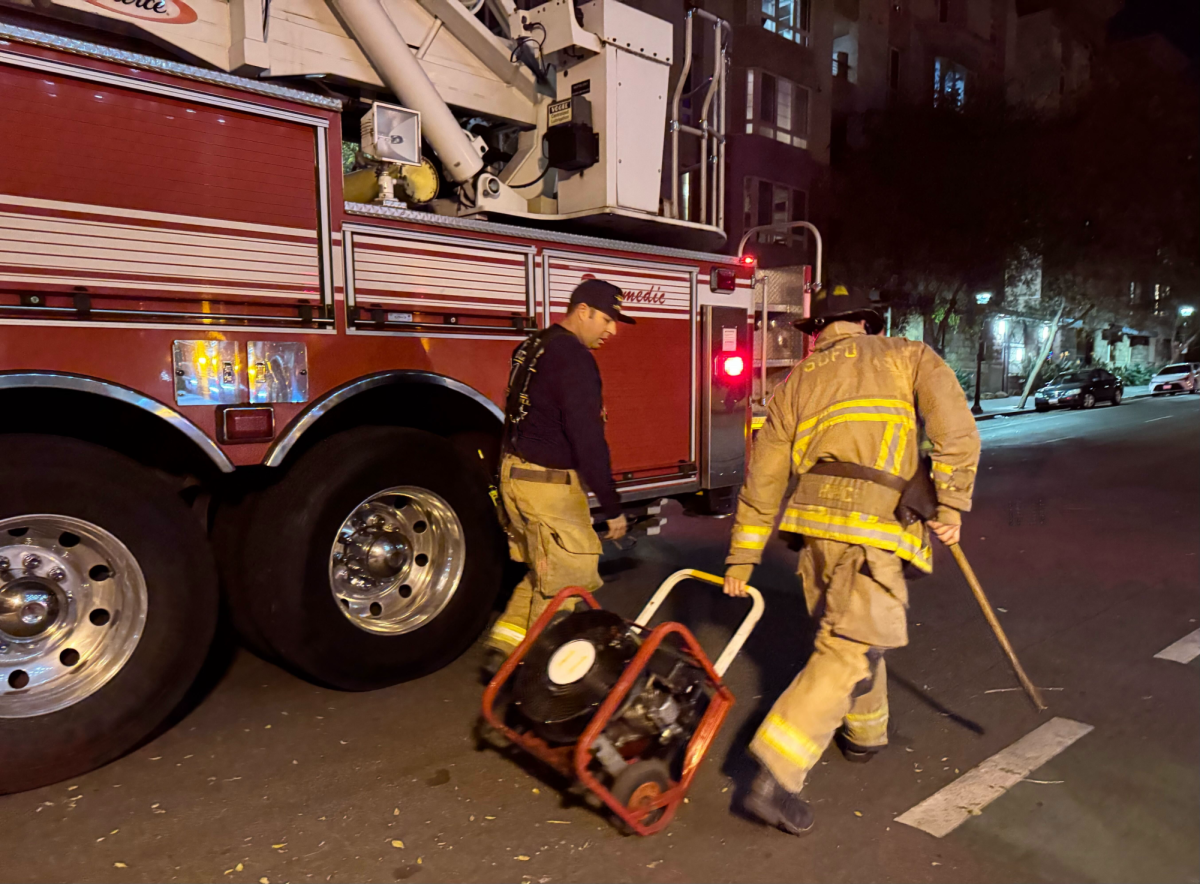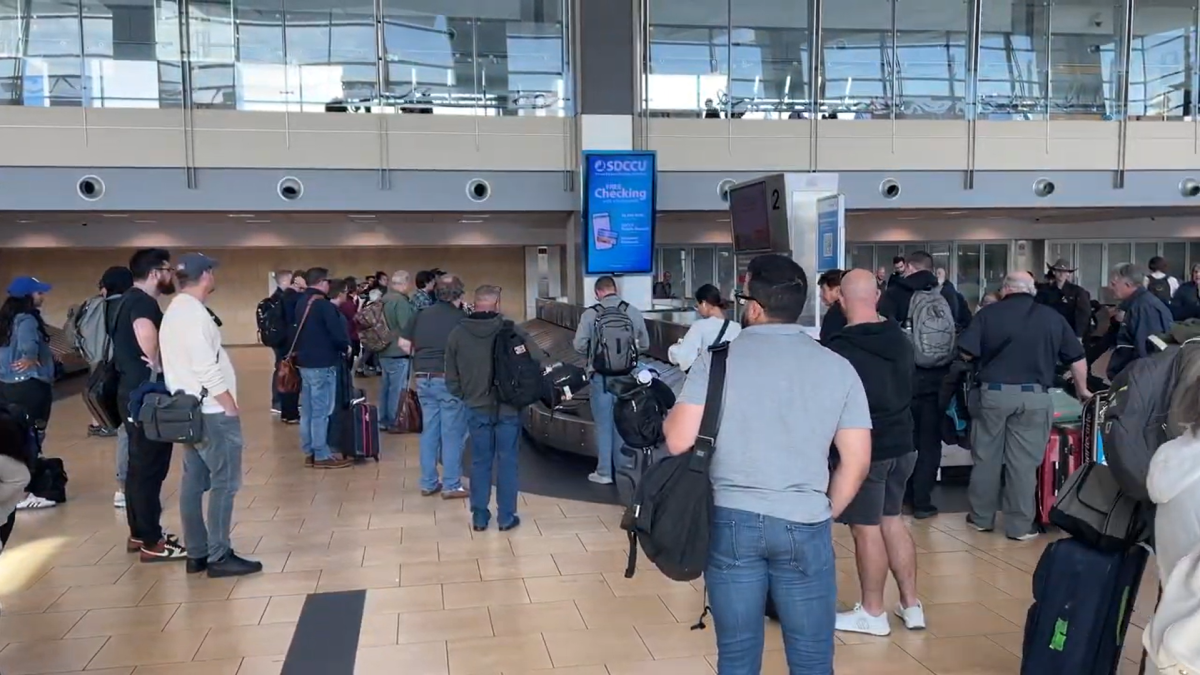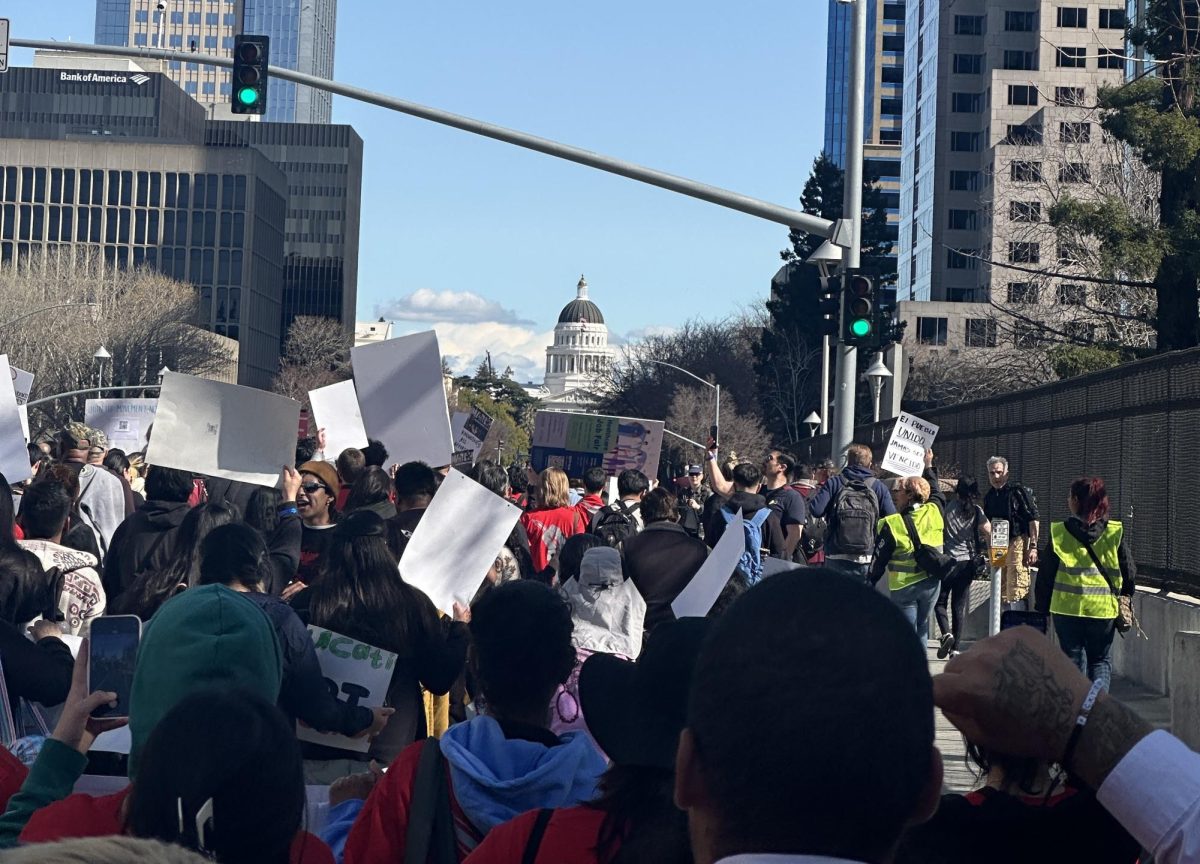“Don’t trust me,” said Barry Minkow. “I’m a convicted felon. A crook.”
Minkow, a former business prodigy who went to prison for a white-collar crime, spoke to City College students during a presentation promoting the League of Innovation’s writing competition “Education, Not Incarceration”, Feb. 4.
“I can’t tell you how to run a successful business, but I can tell you what not to do in business,” Minkow said.
Minkow started his own carpet cleaning company at age 16, when he was still in high school. Four years later, he was labeled the “whiz kid of Wall Street” after he became, at age 20, the youngest person to take a company public.
Minkow graced the covers of magazines, appeared on Oprah and was considered one of the top entrepreneurs in the country because of his multi-million dollar cleaning firm. One year later, the company was unveiled as nothing more than a front for money laundering and committing an estimated $1 billion in fraud.
Minkow was convicted to 25 years in prison. He served seven years and four months before being released on parole.
A pastor for a San Diego church for the past 14 years, Minkow openly spoke about his turbulent past and the actions that eventually caught up to him. Minkow told the Saville Theatre audience that his downfall was driven by ego and pragmatism.
“Money imputes respect,” Minkow said. “I got addicted to the publicity. The local press. The more I was on the media, I couldn’t fail.”
During his hour-long presentation, Minkow shared details of his life and his latest quest to redeem himself for defrauding investors. He has put his knowledge of fraudulent activities and techniques to good use, working with the FBI to expose fraud totaling over $1 billion. He also spoke of the upcoming film based on his life, “Minkow,” which is about to hit theaters, as well as his book, the New York Times bestseller “Cleaning Up.”
“I respect people like that,” said City College student Jeremy Jones. “Like Michael Vick, he did his time.”
While student reaction was mostly positive and many seemed to sympathize with Minkow, one attendee expressed doubts about Minkow’s redemption story.
“It’s a little hard to believe that people can change like Barry,” said Martin Ruelas, who attended the presentation to hear about Minkow’s infamous past. “He still seems very full (of) himself, but I still respect what he’s trying to do right now.”
The theme for the League for Innovation Student Literary Competition is “Education, Not Incarceration.” San Diego State Professor David Matlin presented his book, “Prisons: Inside the New America.”
City College professor Karen Lim is the National Coordinator for the competition.
“I wanted to start off the World Cultures Program with a two-part presentation on ‘Education, Not Incarceration,’ to kick off interest in the writing competition,” Lim said.
“I think that Minkow’s personal story helped to shed some light on someone who had spent time in federal prison, but yet managed to transform through education,” Lim added.
“In the end, he found his passion, and this was Minkow’s story of redemption. Everyone is capable of changing their life for the better.”







